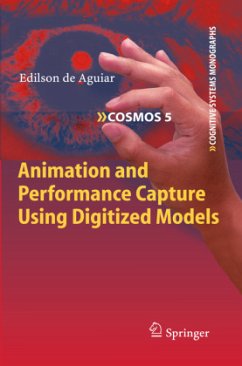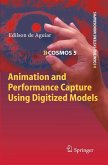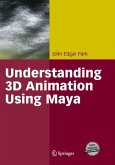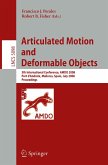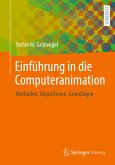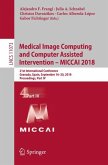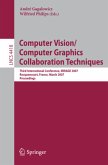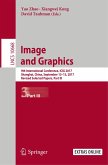The realistic generation of virtual doubles of real-world actors has been the focus of computer graphics research for many years. However, some problems still remain unsolved: it is still time-consuming to generate character animations using the traditional skeleton-based pipeline, passive performance capture of human actors wearing arbitrary everyday apparel is still challenging, and until now, there is only a limited amount of techniques for processing and modifying mesh animations, in contrast to the huge amount of skeleton-based techniques. In this thesis, we propose algorithmic solutions to each of these problems. First, two efficient mesh-based alternatives to simplify the overall character animation process are proposed. Although abandoning the concept of a kinematic skeleton, both techniques can be directly integrated in the traditional pipeline, generating animations with realistic body deformations. Thereafter, three passive performance capture methods are presentedwhich employ a deformable model as underlying scene representation. The techniques are able to jointly reconstruct spatio-temporally coherent time-varying geometry, motion, and textural surface appearance of subjects wearing loose and everyday apparel. Moreover, the acquired high-quality reconstructions enable us to render realistic 3D Videos. At the end, two novel algorithms for processing mesh animations are described. The first one enables the fully-automatic conversion of a mesh animation into a skeletonbased animation and the second one automatically converts a mesh animation into an animation collage, a new artistic style for rendering animations. The methods described in the thesis can be regarded as solutions to specific problems or important building blocks for a larger application. As a whole, they form a powerful system to accurately capture, manipulate and realistically render realworld human performances, exceeding the capabilities of many related capture techniques.By this means, we are able to correctly capture the motion, the timevarying details and the texture information of a real human performing, and transform it into a fully-rigged character animation, that can be directly used by an animator, or use it to realistically display the actor from arbitrary viewpoints.
From the reviews:
"This book is an adaptation of a PhD thesis and, reflecting its origins, it is written in a scholastic style, well suited for self study or for a formal course on animation of digital characters ... . offer computationally economic alternatives to the classical pipeline process of computer animation and so the community of digital character animation has gained more efficient tools to work. For all these considerations, we can say that this book by Dr. de Aguiar is a great contribution to the field." (Cesar Alberto Bravo Pariente, NoticIEEEro, Vol. 22 (4), August, 2011)
"This book is an adaptation of a PhD thesis and, reflecting its origins, it is written in a scholastic style, well suited for self study or for a formal course on animation of digital characters ... . offer computationally economic alternatives to the classical pipeline process of computer animation and so the community of digital character animation has gained more efficient tools to work. For all these considerations, we can say that this book by Dr. de Aguiar is a great contribution to the field." (Cesar Alberto Bravo Pariente, NoticIEEEro, Vol. 22 (4), August, 2011)

